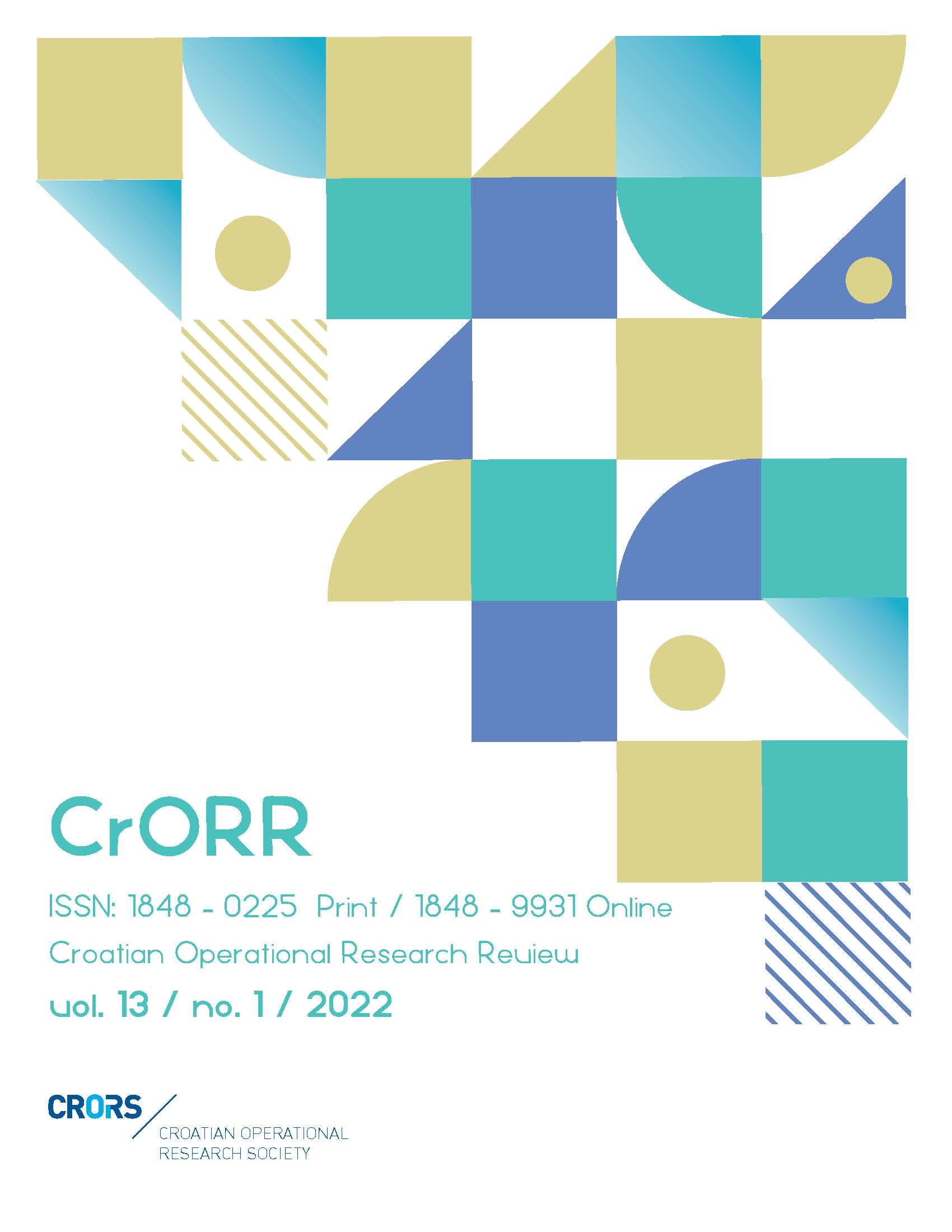A Benchmark Study on Steepest Descent and Conjugate Gradient Methods-Line Search Conditions Combinations in Unconstrained Optimization
Abstract
In this paper, it is aimed to computationally conduct a performance benchmarking for the steepest descent and the three well-known conjugate gradient methods (i.e., Fletcher-Reeves, Polak-Ribiere and Hestenes-Stiefel) along with six different step length calculation techniques/conditions, namely Backtracking, Armijo-Backtracking, Goldstein, weak Wolfe, strong Wolfe, Exact local minimizer in the unconstrained optimization. To this end, a series of computational experiments on a test function set is completed using the combinations of those optimization methods and line search conditions. During these experiments, the number of function evaluations for every iteration are monitored and recorded for all the optimization method-line search condition combinations. The total number of function evaluations are then set a performance measure when the combination in question converges to the functions minimums within the given convergence tolerance. Through those data, the performance and data profiles are created for all the optimization method-line search condition combinations with the purpose of a reliable and an efficient benchmarking. It has been determined that, for this test function set, the steepest descent-Goldstein combination is the fastest one whereas the steepest descent-exact local minimizer is the most robust one with a high convergence accuracy. By making a trade-off
between convergence speed and robustness, it has been identified that the steepest descent-weak Wolfe combination is the optimal choice for this test function set.
Downloads
Published
Issue
Section
License
- Authors retain copyright and grant the journal right of first publication with the work simultaneously licensed under a Creative Commons Attribution License that allows others to share the work with an acknowledgement of the work's authorship and initial publication in this journal
- Authors are able to enter into separate, additional contractual arrangements for the non-exclusive distribution of the journal's published version of the work (e.g., post it to an institutional repository or publish it in a book), with an acknowledgement of its initial publication in this journal.
- Authors are permitted and encouraged to post their work online (e.g., in institutional repositories or on their website) prior to and during the submission process, as it can lead to productive exchanges, as well as earlier and greater citation of published work (See The Effect of Open Access).


